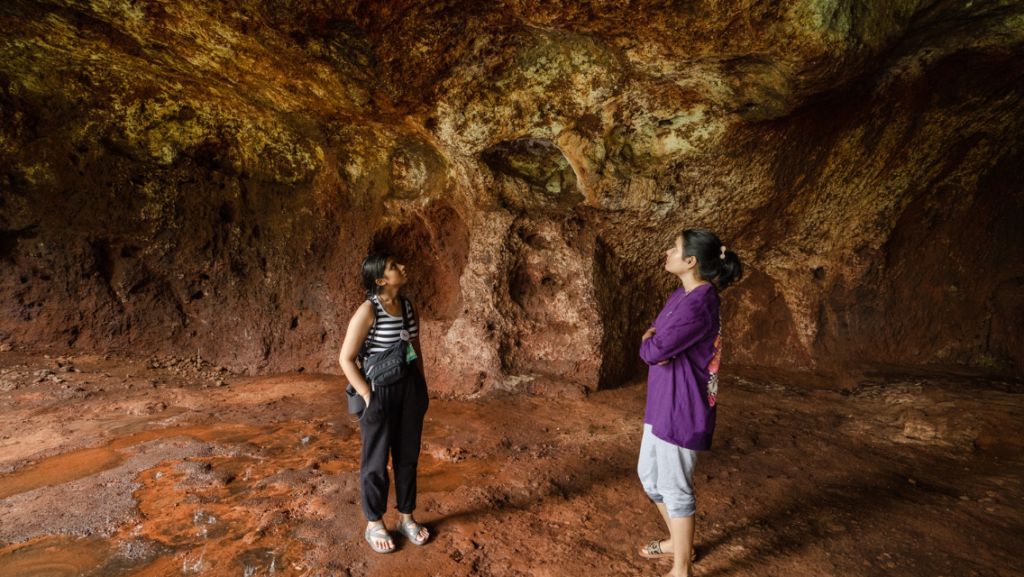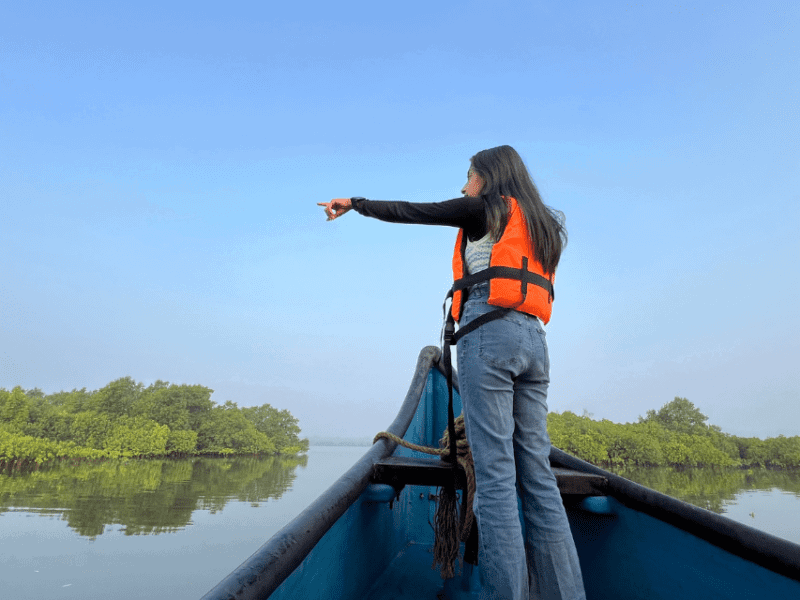Travel has evolved. It’s no longer about standing in front of monuments for a picture—it’s about stepping into stories, immersing yourself in cultures, and forging connections that transcend borders.
Around the world, experiential tourism is transforming how we explore. It’s a shift from consuming destinations to truly engaging with them, and it’s changing not just what we see, but how we see it.
A New Era of Travel
Traditional tourism focused on the checklist—landmarks, photo ops, and itineraries packed to the brim. Experiential tourism asks a different question: How does this journey make you feel?
This global movement emphasizes depth over breadth. Whether it’s learning to cook tagine with a family in Morocco, hiking alongside reindeer herders in Norway, or painting pottery with artisans in Mexico, experiential travel creates memories that go beyond the surface.
How Experiential Tourism Is Redefining Travel Globally
1. Human Connection Is the New Luxury
In Peru’s Sacred Valley, visitors can join the Quechua people in weaving traditional textiles. It’s more than an activity; it’s a bridge between worlds. In Japan’s countryside, travelers work side by side with rice farmers, gaining an intimate understanding of their lives. These moments aren’t just experiences—they’re exchanges of culture, knowledge, and respect.

2. Nature Becomes a Partner, Not a Backdrop
From snorkeling with marine biologists in Australia’s Great Barrier Reef to tracking wildlife with conservationists in Kenya, experiential tourism invites travelers to collaborate with nature. It’s about understanding ecosystems, not just admiring them.
3. Food as a Passport to Identity
Culinary tourism has exploded globally, but experiential travel takes it further. Imagine foraging for mushrooms in Finland before preparing a communal meal, or making fresh mozzarella on an Italian farm. These aren’t just meals—they’re windows into heritage, sustainability, and the stories that food tells.
The Ripple Effect: Transforming Destinations
Experiential tourism isn’t just a win for travelers—it’s a win for destinations.
1. Cultural Preservation: In Cambodia, experiential tours help sustain traditional Apsara dance. In Colombia, they spotlight Afro-Colombian music and storytelling, safeguarding endangered traditions.
2. Empowering Communities: Across Africa, village-based tourism empowers locals by offering an authentic look at rural life, ensuring tourism dollars flow directly into the community.
3. Sustainability at Its Core: Small, intimate group sizes minimize environmental impact. Instead of overtourism, experiential tourism fosters balance, leaving places as vibrant as they were found.
Why Travelers Are Choosing Depth Over Distance
In a hyper-connected world, people crave authenticity. Travelers want to unplug, slow down, and reconnect with what truly matters. They want to:

Hear untold stories
Forge bonds with people from different walks of life
Learn something they didn’t know about themselves
Experiential tourism fulfills these desires, offering journeys that inspire transformation rather than simply distraction.
The future of travel isn’t about where you go; it’s about who you become while you’re there.
Whether it’s planting trees in Iceland, stargazing with astronomers in Chile, or participating in ancient ceremonies in Bali, experiential tourism reminds us that travel isn’t just an escape—it’s a return to what it means to be human.
This global shift isn’t a trend—it’s the new standard. And as we move forward, we’ll see more destinations embracing travel not as an industry, but as a way to foster understanding, sustainability, and shared humanity.



